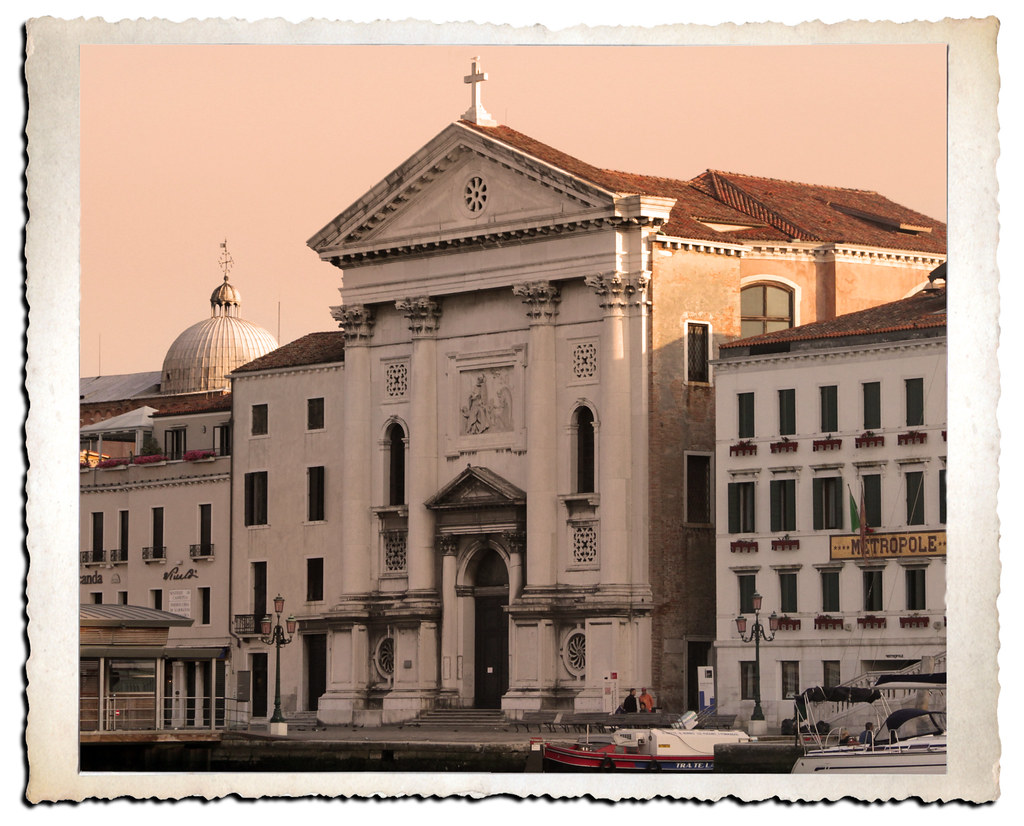Vivaldi and The Ospedale della Pieta' Bio Contact Venice, Vivaldi, and the Ospedale della Pieta' This seventeenth-century illustration of the Ospedale della Pieta' from the Correr Museum in Venice shows the building as it probably looked in 1715. This is the Ospedale that. BBCFour programme of Vivaldi's Gloria performed by an all-female orchestra and choir in the Pieta in Venice. Complementary to the BBC4 programme 'Vivaldi an. The Gloria in D is probably one of his best known sacred works, but it also reflects Vivaldi’s other skill as an opera composer, which he regarded as a distraction from his day job at the Pieta. Venice in the early 18th century was the pleasure centre of Europe, and a visit.
- Antonio Vivaldi Ospedale Della Pieta
- Antonio Vivaldi Ospedale Della Pieta
- Santa Maria Della Pieta
- Ospedale Della Pieta Venice
 Pio Ospedale della Pietà? Again and again the name of this Italian girls' orphanage and school comes up when reading about the composer Antonio Vivaldi, why? The obvious reason is because Vivaldi worked there for over two decades! Another reason is because the Piéta had one of the finest orchestras in Europe and Vivaldi wrote much of his music for the orphans. David Wilson tells us more:
Pio Ospedale della Pietà? Again and again the name of this Italian girls' orphanage and school comes up when reading about the composer Antonio Vivaldi, why? The obvious reason is because Vivaldi worked there for over two decades! Another reason is because the Piéta had one of the finest orchestras in Europe and Vivaldi wrote much of his music for the orphans. David Wilson tells us more:

The Pio Ospedale della Pietà in Venice (image below), usually described as an orphanage and music school, was extremely important in Antonio Vivaldi’s life. At the age of 25, Vivaldi was hired by the Pietà as a violin teacher. It was his first “real” job, and his association with the Pietà continued in one form or another for the rest of his life. A great deal of Vivaldi’s music was written for concerts and religious services at the Pietà.
Antonio Vivaldi Ospedale Della Pieta
In 1198, Pope Innocent III decreed that homes should be established which would care for orphans and children who had been abandoned. These homes were generally associated with churches and convents. By means of a “baby hatch” or “foundling wheel” (image below), a mother could anonymously deliver a baby, usually a newborn, into the care of the church. The mother would place the baby in a sort of revolving door, rotate the device so that the baby was inside, and then ring a bell to alert those inside that a baby had been delivered. Sometimes babies were abandoned because of a deformity, but more often it was because they had been born out of wedlock.
.jpg)
Antonio Vivaldi Ospedale Della Pieta
The Ospedale della Pietà was one of four such homes in the city of Venice. The Pietà took in mostly girls, and by Vivaldi’s time had become well known for the quality of the musical education provided to its residents. The girls of the Pietà became such accomplished musicians that by Vivaldi’s time the institution had developed a reputation as a first-rate music school. In fact, noble families with musically talented daughters would often try to pretend that the girls were orphans in order to enroll them at the Pietà, a practice that was sternly disapproved of by the institution as it was intended to be a charitable organization.Santa Maria Della Pieta
In fact, as Robert Mealy wrote in last season’s program notes for March 2009’s “Winds and Waves” concerts: the young women had to renounce any professional career once they left the institution.
Ospedale Della Pieta Venice
“These terms meant that there were a good number of women who stayed on in the Pietà, becoming teachers. This all-woman orchestra was enough of a novelty (and their playing was of such exceptional ability) that their performances became one of the attractions of Venice, a standard stop on the Grand Tour of young, well-to-do gentlemen, who delighted in the mystery of hearing these women play behind a “grille” or screen.”
